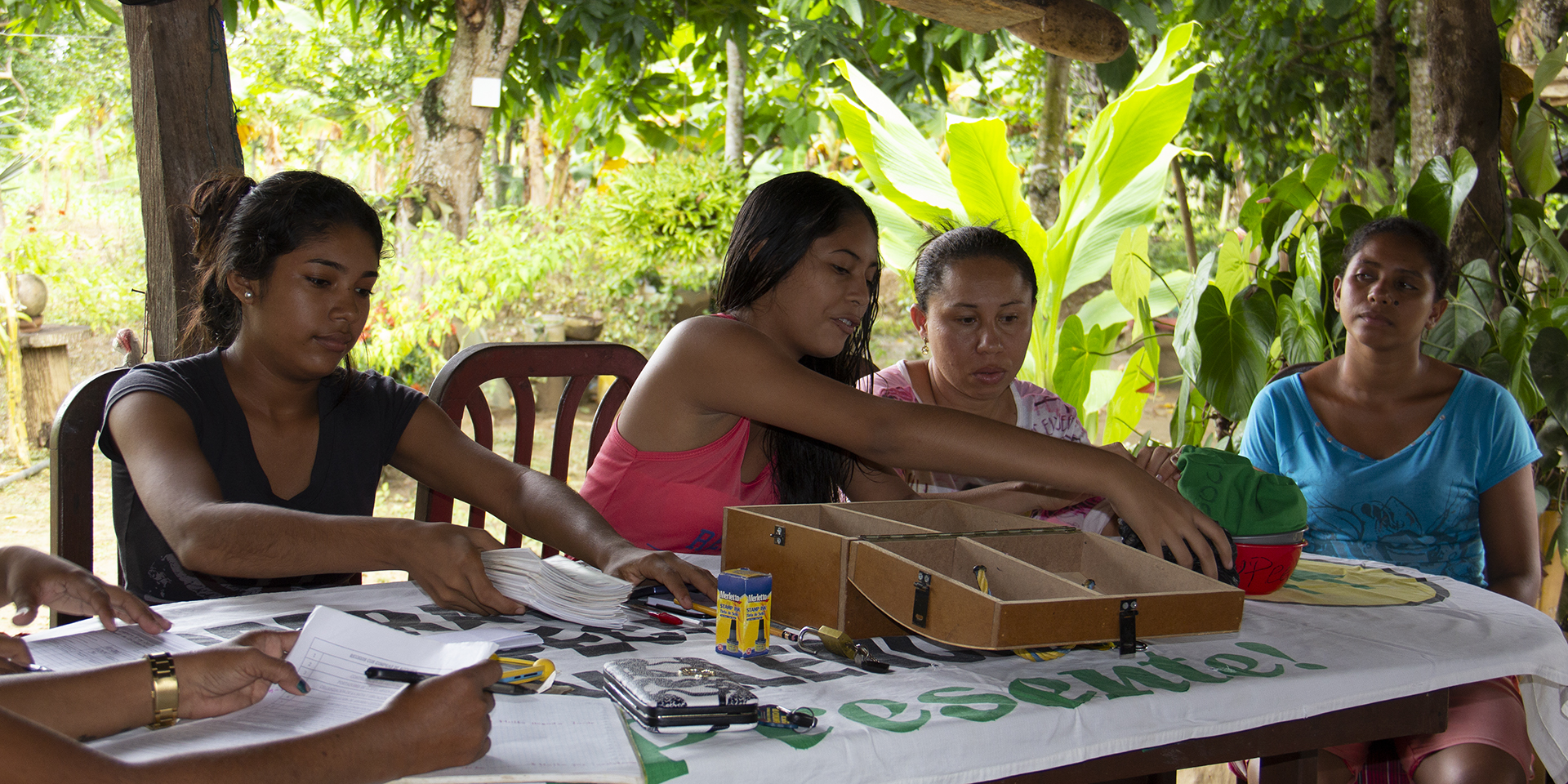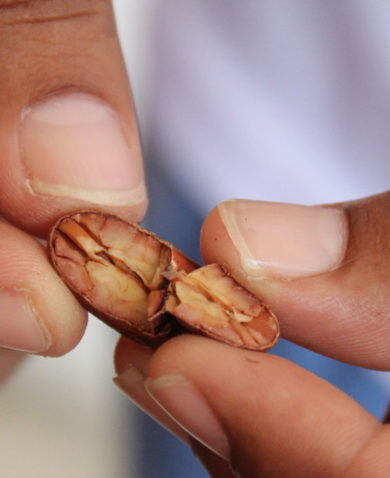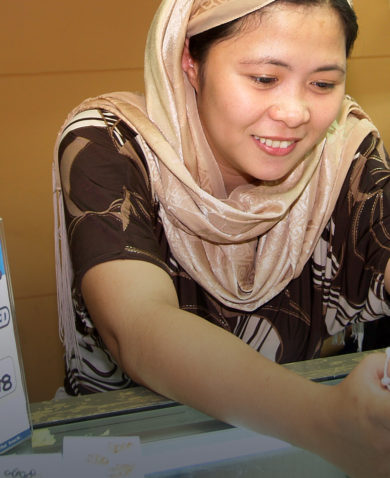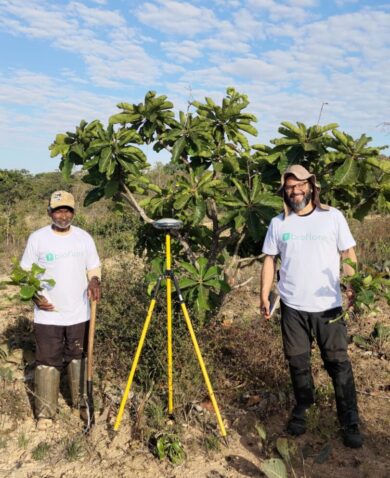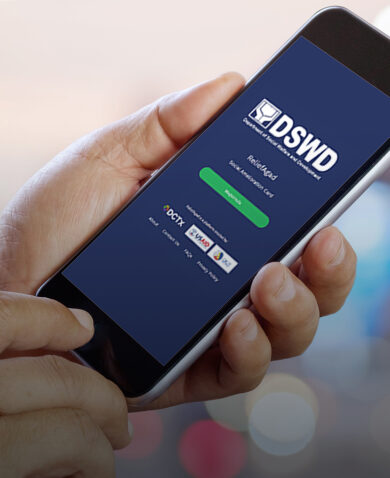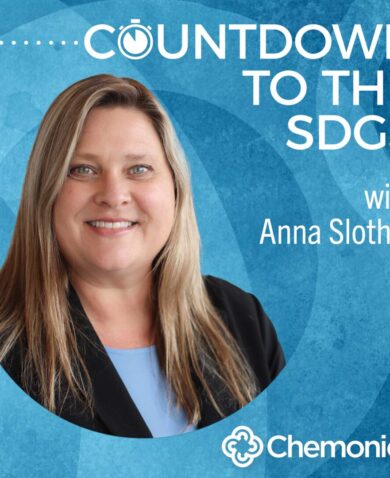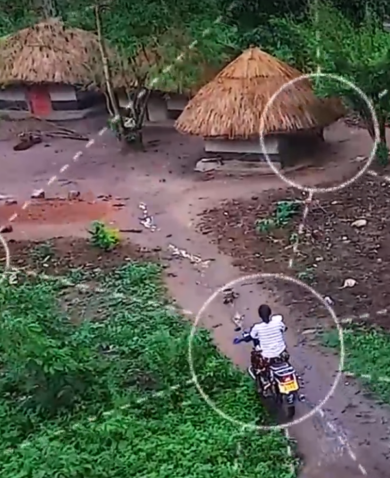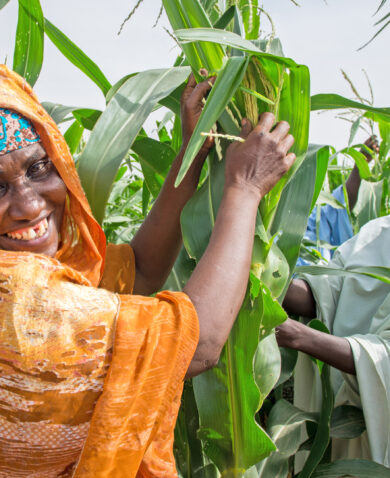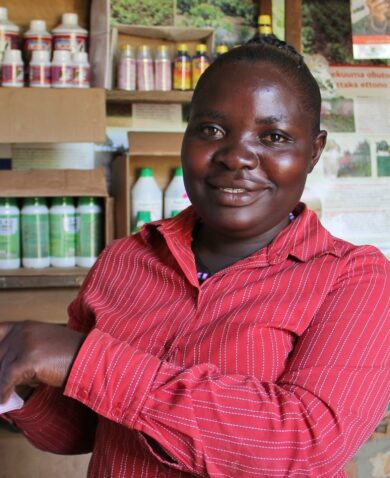Digital Services Meet Value Chain Financing Innovation
In response to this challenge, RFI Chief of Party Asdrubal Negrete and his team spent last year working with Davivienda and other financial institutions to develop a value chain financing model that tailors services (credit, savings, and insurance) for buyers (frequently cooperatives) and their smallholder suppliers. This approach allows the bank to assess and award loans to anchor organizations based on its business operations and relationships, rather than conducting risk assessment for individual smallholders, reducing transaction cost and risk. Following this value chain model often helps the cooperative and smallholder suppliers establish credit history for repeat transactions.
The next step was marrying the value chain model with digital services. In the pilot stage, RFI and Davivienda are in the process of learning from two examples in coffee and pineapple value chains, before scaling the model.
“Other banks have mobile wallets and platforms, so the innovation isn’t Daviplata alone,” explained RFI Value Chain Finance Specialist Eliana Duarte. “The innovation is the method of linking value chain actors to reduce cost and risk, so that the anchor organization provides the bank with data for credit decisions,” which becomes a gateway to the bank’s whole ecosystem of services.
What does this look like in practice? In Colombia’s coffee-producing Huila department, RFI helped Davivienda conduct risk analysis and award a US$35,000 working capital agricultural loan to the Coagrobrisas coffee cooperative, reducing loan origination cost and risk by analyzing the cooperative rather than its 160 members. The cooperative will have access to Davivienda’s online business platform to make payments to their 160 smallholder member-suppliers, who in the future will be able to make payments to their workers. RFI is helping Davivienda develop a database to track these payments, which become the credit history for future loans Davivienda hopes to award directly to these smallholders.
Meanwhile, the smallholders will receive payments from the cooperative via Daviplata SmartPhone app or SMS text Davivienda’s business experience leads them to believe this will be a bridge to link the cooperative and its smallholders with the bank’s existing ecosystem of channels and services that interact with each other. For example, smallholders receiving digital payments from buyers can make cashless payments to local merchants, reducing cash use in dangerous areas. With this in mind, through RFI’s challenge grants, we’re helping Davivienda develop microsavings and loan products and apps to reach the new market niche of smallholders.
Davivienda’s executives see past the hurdles to the potential market in Colombia’s 4 million farmers, and they have committed to expanding this new agricultural value chain financing model, supported through digital services. For our part, we’re excited to learn from the Huila coffee experience and help Davivienda replicate it throughout rural Colombia — perhaps sparking competition from other banks.

